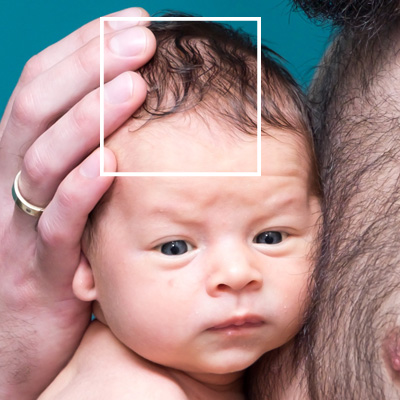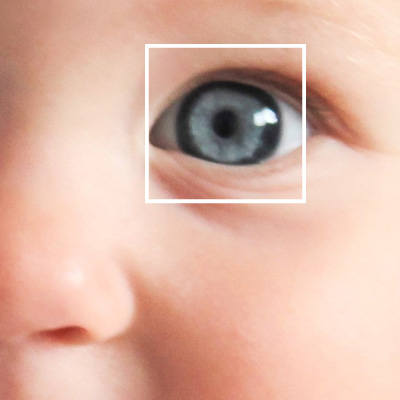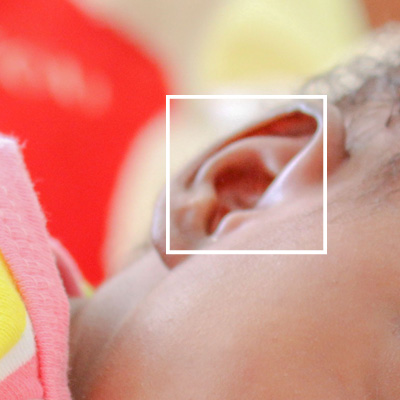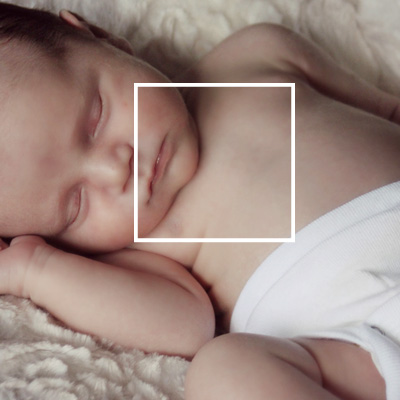5. Medical complications
As a preterm baby’s body is not fully developed at birth, medical complications can occur. These may have long-term effects on the child’s health and development. Nevertheless, severe physical disabilities and illnesses as a result of preterm birth are rare. The earlier a baby is born the higher the risk of these complications.
Select the different parts of the body to reveal some of the common issues caused by preterm birth.
Eyes:
- Retinopathy of prematurity is a condition caused when the growth of the blood vessels in the back of the eye (the retina) is interrupted. Doctors are alert to this and there are several treatments that can prevent the condition progressing if it occurs.
- Babies with retinopathy will often have some visual impairment later in life. Many wear glasses to correct their vision.
- Very few babies are now blind following retinopathy of prematurity in the UK.
Ears:
- Preterm babies are at higher risk of being deaf than babies born at full-term. The reasons for this are poorly understood but may relate to preterm birth and to the use of drug treatments to which small babies are very sensitive.
- Deafness is an uncommon outcome and affects only 1-2% of very preterm babies.
Brain:
- Preterm babies’ brains are not fully developed when they are born.
- In rare cases, babies will experience episodes of bleeding into the spaces inside the brain (intraventricular haemorrhages), which can lead to physical disability.
- Severe physical disability following preterm birth is relatively uncommon, affecting only 2% children born very preterm, however many children born preterm may face cognitive difficulties later on in life.
Lungs:
- The lungs of babies born preterm may not have fully developed and very preterm babies often need support with oxygen and sometimes machines. Doctors can now use surfactant medication to help the lungs work, and mothers expecting a preterm birth will receive a steroid injection to help develop the baby’s lungs before birth.
- For some babies who don't respond well to these treatments, oxygen may be needed for many weeks. Only a few will need oxygen later in childhood to help them breathe.
- A very small proportion of children born very preterm may develop a condition called chronic lung disease of prematurity, which is not unlike asthma. Children with chronic lung disease may need to use medicines such as inhalers to help their breathing at school.
Abdomen:
- A small number of babies may develop a serious gut illness called necrotising enterocolitis. If this is severe, babies may end up needing surgery with longer term consequences.
Legs:
- Brain injury can lead to cerebral palsy, but this is uncommon even after extremely preterm birth.
- For many preterm children cerebral palsy will not lead to severe disability and many will go to mainstream school.
- Babies without cerebral palsy who are born very preterm may have less well developed motor skills and sometimes need help from an occupational therapist.





